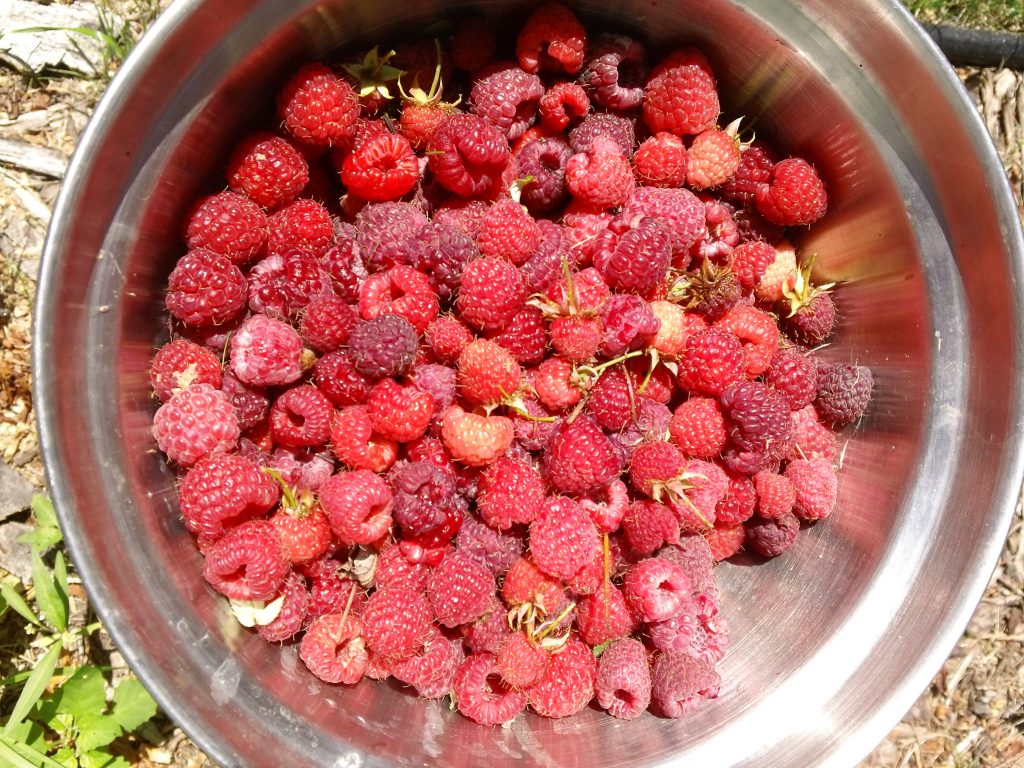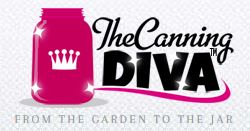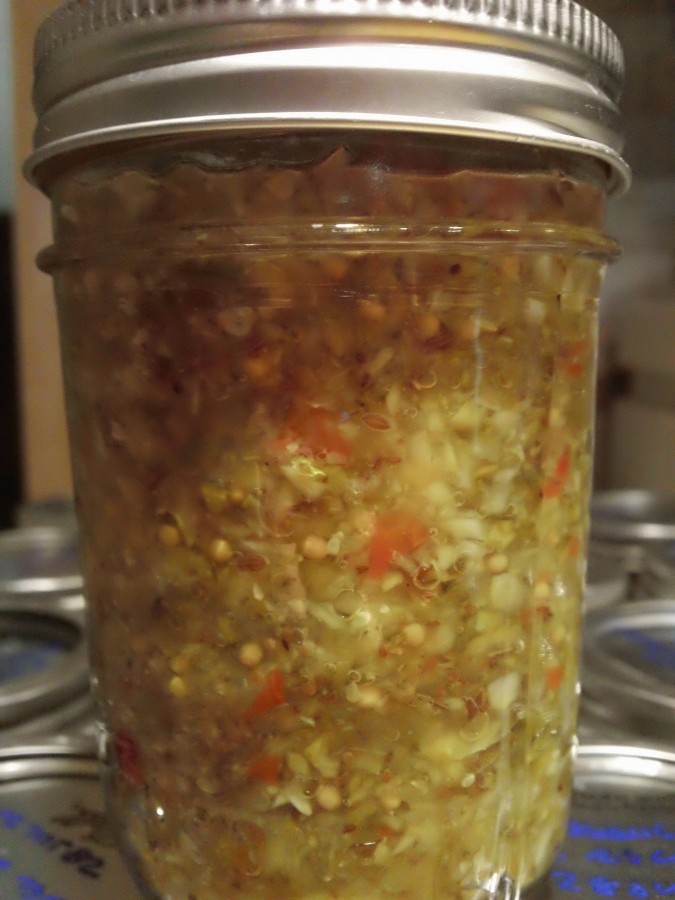Podcast: Play in new window | Download (Duration: 14:53 — 22.0MB)
Subscribe: Apple Podcasts | RSS
For those newer to home canning, there may be a temptation to use whatever salt is handy as opposed to what’s known as “canning & pickling salt”. Don’t do it. This podcast episode explains why it’s important you use the right salt in your home canning recipes that call for it. It also offers a link to a site offering alternatives for those on sodium-restricted diets. I also give a garden/canning update, tell you about a special offer, and share a wonderful message received from a listener.
Never Mess With the Science Behind Safe Home Canning
No where on CanningSeason.com, or in classes that I teach on home canning, will you ever see me take food safety lightly. The stakes are simply too high. It is no joke or exaggeration to say you could kill people. Botulism is a most horrible way to die that can easily be avoided by simply sticking to the science behind safe home canning. Salt often plays a role in safe home canning.
While those of us more experienced with home canning and food preservation may tweak our recipes and experiment from time-to-time, we never – EVER – forget that there remains a science behind it all. This ensures our canned foods stay safe to eat. Always, always, always the experienced home canner comes back to and never violates the principles of safe home canning.
The science of safe home canning dictates that high acid foods must be processed differently than low acid foods. For example, in some cases it will never be good enough to simply boil some foods. In others, even small shifts in the amounts of vinegar, sugar, water, or salt that’s added or kept from the batch can inadvertently cause a change that renders the finished product unsafe.
What is Canning & Pickling Salt?
The website WiseGeek posts this nice description of canning salt —
Salt has been used as a seasoning and preservative for thousands of years. It was so sought-after that, in ancient Rome, soldiers often drew part of their pay in salt. Among its many uses, salt plays a large role in canning and preserving. The particular product used for this purpose is fine-grained and free of iodine and anti-caking ingredients that could discolor foods.
Canning salt is a particular variety of salt that is used, as the name suggests, in canning foods. The lack of additives, like iodine and anti-caking ingredients, means that it will not turn vegetables — particularly pickles — a dark color, nor will it make their liquid cloudy. Pickles made with table salt would be perfectly safe to eat, but they wouldn’t look very pretty.
This type of salt is also used in preserving meats, like salt-cured ham or sausage. It is vital tat the cook use the specified amount of salt called for in the recipe so the meat (or pickles) will be safely preserved. If not enough salt is used, bacteria can grow in the preserved food.
Salt made for canning can be used as table salt, but without the anti-caking agents, it could clump on humid days. One solution for this is to place a few grains of uncooked white rice in the salt shaker. Salt that has already caked can be separated — the cook just has to spread the salt on a baking sheet and warm it in a moderate oven for a few minutes. The heat will evaporate the moisture.
- John’s Buyer’s Tip: You can typically buy canning salt in the salt & spice section of most full service grocery stores for a bit better of a price or in smaller quantities price than if you buy it from Amazon here. However, if you can’t find it locally, I invite you to click on the picture below to buy your supply of canning salt from Amazon.
What’s the Problem with Table Salt or Kosher Salt?
As noted above, you can use table salt in your canning but you’ll pay the price because of the anti-caking additives and iodine routinely added to common table salts. While Kosher salt does not have these additives, it is also not as dense a salt as table or canning salts. This means you are not getting the full “dosing” of salt needed when you use Kosher salt. While there may be comparable measurements you could use, I don’t know of any and wouldn’t trust them anyway. You might not want to either.
What About People on Sodium-Restricted Diets?
According to the Colorado University Extension Service, “Salt is not necessary for safe processing of canned or frozen fruits and vegetables. It is necessary for the preservation of most pickles and cured or smoked foods.”
For more information on safe food preservation without sugar or salt, I’ve posted a nice fact sheet entitled, “Food Preservation Without Sugar or Salt“, courtesy of the Colorado University Extension Service.
10 People Will Get a Free Copy of Ball Blue Book Guide to Preserving!
The first 10 people to go to iTunes and leave me a good rating along with a good written review (if you think I’ve earned it, that is!) will earn my gratitiude along with a free copy of the Ball Blue Book of Preserving. All you have to do is post the rating and then send me an email from the Contact John page to let me know you did it. Be sure to include your full name, mailing address, and the name under which you posted the comment at iTurnes so I can get your free book to you!
This affiliate link will take you to the Amazon if you wish to buy a copy of the Ball Blue Book Guide to Preserving.










About The Author: John Gavin
More posts by John Gavin